Center for Climate, Health, and the Global Environment
We seek climate solutions that can provide for a healthier and more just world today and a livable future for our children.
Building 1, Room 1312
Team
Leadership

Dr. Mary B. Rice MD MPH is the director of the Center for Climate, Health, and the Global Environment (Harvard Chan C-CHANGE) and the Mark and Catherine Winkler Associate Professor of Environmental Respiratory Health at Harvard T.H. Chan School of Public Health. She is a pulmonary critical care physician and the director of the Beth Israel Deaconess Medical Center (BIDMC) Institute for Lung Health, where she is an associate professor of medicine at Harvard Medical School and director of research for the division of pulmonary, critical care and sleep medicine.
Rice’s area of investigation focuses on the influence of environmental exposures, especially air pollution and climate change, on the respiratory health of children and adults and the development of interventions to mitigate these health effects. She is the principal investigator of a National Institutes of Health (NIH)-funded clinical trial of home air purification for patients with chronic obstructive pulmonary disease, and she leads the environmental health research program of the American Lung Association Lung Health Cohort. She also co-leads the Center for Climate: Equitable and Accessible Research-based Testing for Health (C-EARTH), an NIH-funded P20 Center at Harvard Chan School, which aims to bring sustainable climate solutions to heat-stressed, low-income communities around the globe.
Rice chaired the American Thoracic Society’s Environmental Health Policy Committee 2018-2021 and in 2024 she was elected as
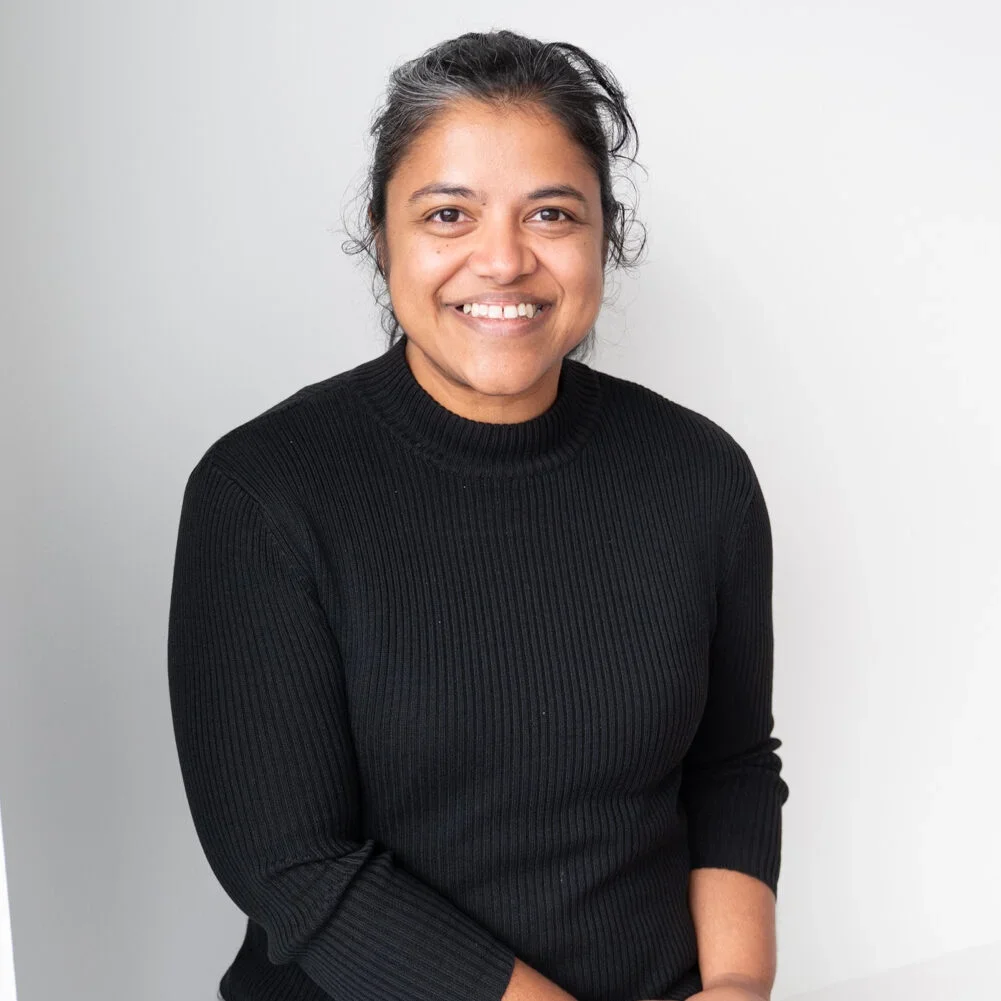
Amruta Nori-Sarma is an Assistant Professor of Environmental Health and Population Sciences at the Harvard T.H. Chan School of Public Health. As an environmental epidemiologist, Dr. Nori-Sarma studies the relationship between environmental exposures associated with climate change and health outcomes in vulnerable communities. Dr. Nori-Sarma aims to understand the impacts of interrelated extreme weather events on mental health across the US utilizing large claims datasets. She also has an interest in evaluating the success of policies put in place to reduce the health impacts of climate change.
Additionally, Dr. Nori-Sarma serves as one of the leads of the CAFE RCC, the research coordinating center of the NIH Climate Change and Health Initiative. CAFE, a joint effort with the BU School of Public Health, aims to bring together and amplify the work of a more diverse community of practice in climate and health.
Core Faculty
Research:
My research is motivated by a desire to alleviate environmental health disparities. A question we frequently ask in public health is: Why does place matter? In an effort to answer this question, my work aims to identify the specific aspects of housing, communities, and neighborhoods that shape an individual’s health. Can we understand the specific causal pathways that lead to health-relevant exposures, and can we ultimately intervene to mitigate them? How do these mechanisms lead to exposure and health disparities which burden low-income communities? Both theoretical models and empirical evidence reveal that disparities in environmental exposures can be significant. Understanding key determinants of multiple exposures can aid in developing policies to reduce these disparities.
Brief descriptions of my current research initiatives are listed below:
Housing-related exposure disparities:
This work aims to identify the proximate and contextual factors that shape environmental exposures, especially those related to housing. We have long known that poor housing conditions can be associated with poor health outcomes, but these risks cannot be alleviated without understanding the mechanisms that shape exposures. We also need to understand the social, physiological and behavioral vulnerabilities, which may amplify the health effects associated with these exposures…
Gaurab Basu, MD, MPH is a physician and assistant professor of medicine in the Division of Global Health Equity at Brigham and Women’s Hospital, and assistant professor of global health & social medicine at Harvard Medical School (HMS). At Harvard T.H. Chan School of Public Health, he is an assistant professor of environmental health and faculty at the Center for Climate, Health, and the Global Environment (Harvard Chan C-CHANGE) and the Harvard FXB Center for Health and Human Rights. His work focuses on the intersection of climate change, global health equity, human rights, medical education, and public policy.
Dr. Basu currently serves as senior advisor of the climate and health program at the Child in Need Institute (CINI), an India based NGO. He is involved in numerous projects focused on addressing the health impacts of climate change on impoverished communities in the Indian Sundarbans and in the city of Kolkata. He is also a co-PI of a Wellcome Trust funded project that studies the health benefits of climate mitigation policies in India at the national and city level. His NIH funded projects focus on community engagement and research translation in climate and health research.
Dr. Basu has developed and evaluated numerous innovative health equity curricular programs. He received the inaugural HMS Equity, Social Justice, and Advocacy Faculty Award and the HMS Charles McCabe Faculty Prize in Excellence. He has been an HMS Curtis Prout Academy Fellow…..
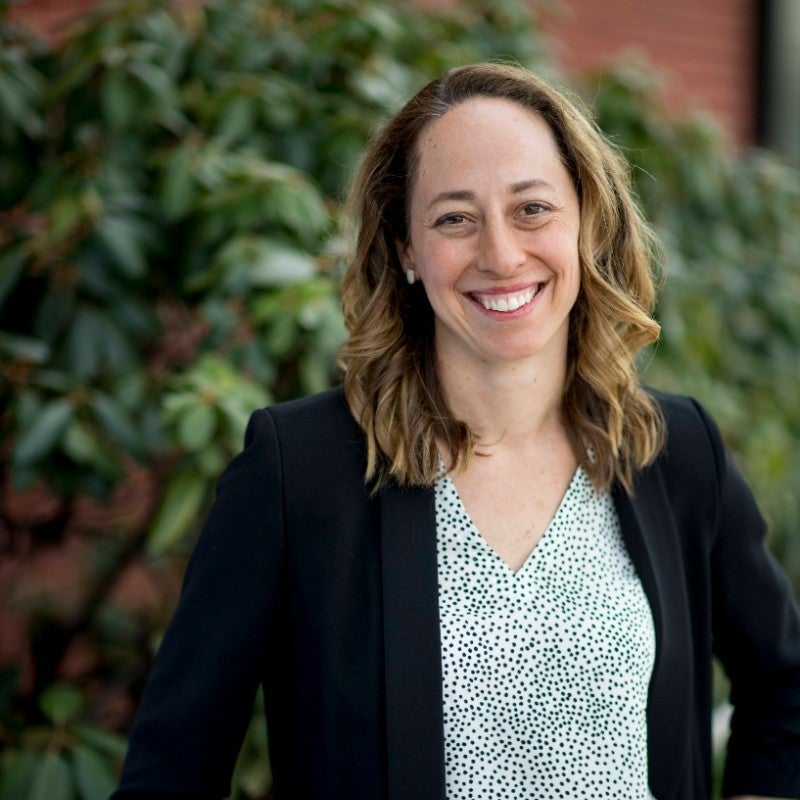
Dr. Lindsey Burghardt is the Chief Science Officer at the Center on the Developing Child at Harvard University, where she develops and leads the Center’s scientific agenda. She is the founding director of the Center’s Early Childhood Scientific Council on Equity and the Environment, a multidisciplinary group that synthesizes and translates scientific mechanisms related to the many ways that the built and natural environments impact children’s development and lifelong health. She engages regularly in presentations and conversations with diverse stakeholders to communicate this science to a variety of audiences, with the goal of making it both accessible and actionable.
Lindsey is also a practicing primary care pediatrician in the community outside of Boston and is board certified in pediatrics and pediatric emergency medicine. She holds a BA from William & Mary, an MD from the Yale School of Medicine, and an MPH from the Harvard T.H. Chan School of Public Health.
Marcia Castro is Andelot Professor of Demography, chair of the Department of Global Health and Population, director of the Brazil Studies Program of the David Rockefeller Center for Latin American Studies (DRCLAS) at Harvard University, associate faculty of the Harvard University Center for the Environment, and faculty member of the Harvard Center for Population and Development Studies.
Her research focuses on the development and use of multidisciplinary approaches to identify the determinants of infectious disease transmission in different ecological settings to inform control policies. She has more than 20 years of research experience in the Brazilian Amazon, with a strong record in conducting household surveys and thorough knowledge of the local culture. Furthermore, she has more than 15 years of collaboration with Brazilian researchers, health secretariats, and the ministry of health, particularly related to infectious diseases. Currently, Castro has projects on malaria, COVID-19, arboviruses, infant/child mortality and development, and climate change in the Brazilian Amazon. Specifically, she has been assessing the spatiotemporal pattern of COVID-19 spread in Brazil, mortality and fertility changes due to the pandemic, risk factors for mortality, and vaccine effectiveness.
During recent public health emergencies, such as the Zika virus epidemic and the COVID-19 pandemic, Castro made important contributions…
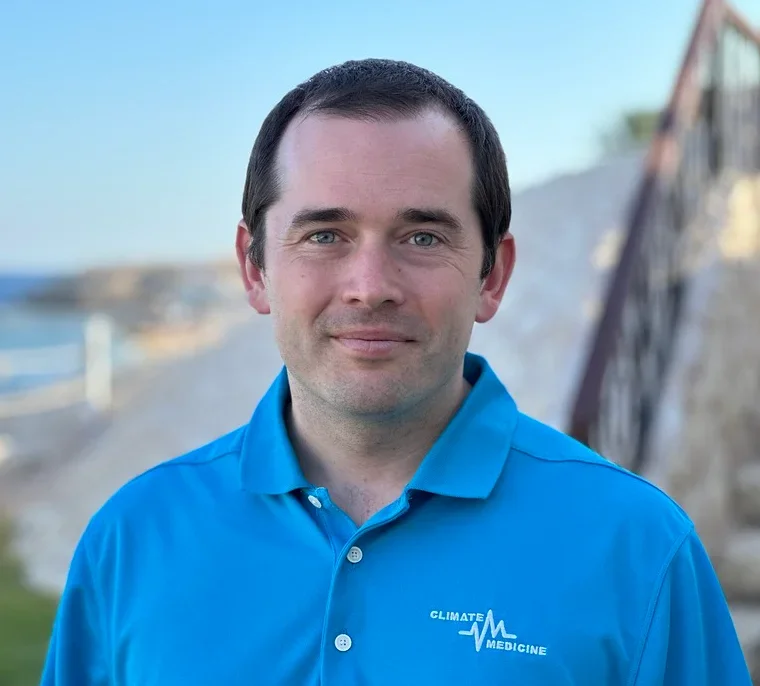
Caleb Dresser is a practicing emergency physician whose work focuses on two key questions: First, what does climate change mean for our healthcare systems and the patients we serve? And second, what can we do about it? Answering these questions has meant building a mixed-methods research portfolio that includes developing and testing resources for clinicians and administrators, analyzing operational and medical records data, and using spatial methods to understand risk to healthcare facilities. It has also meant active involvement in efforts to educate healthcare workers, policymakers, and the general public about the health impacts of climate change and policies that can address this risk.
Caleb is an Assistant Professor of Emergency Medicine at Harvard Medical School and an Assistant Professor in Environmental Health at the Harvard T.H. Chan School of Public Health. He serves as Assistant Director of the Physician Fellowship in Climate and Human Health, leads work on Healthcare Solutions at Harvard Chan Center for Climate, Health, and the Global Environment, and is a member of the Faculty of Emergency Medicine at Beth Israel Deaconess Medical Center, a major teaching hospital of Harvard Medical School. He is affiliated with the Harvard FXB Center for Health and Human Rights and the disaster analysis organization CrisisReady…
I am an ecologist and epidemiologist interested in the interface of ecosystem service provisioning and human health, specifically in the context of global trends in biodiversity loss and ecosystem transformation. Since 1999, I have been conducting ecological and public health research in Madagascar. Most broadly, I am interested in local people’s dependence on natural resources for obtaining adequate health. This interest has led to various studies into connections between marine and terrestrial wildlife consumption and the incidence of micronutrient deficiencies, the importance of botanical ethnomedicines and geophagy to local health, and the eco-epidemiology of malaria and the human microbiome given current trends in biodiversity loss and land use change. Beyond Madagascar, I have been leading a collaborative research program that evaluates the connections among climate change, fisheries management and ocean governance, and food security and human nutrition in coastal populations around the world. Given trends in mass fisheries declines, coral bleaching, and raising sea surface temperatures that will drive fisheries away from the Equator and toward the Poles, food-insecure populations across the globe will be deprived of a critical nutritional resource. Our group tackles this subject by modeling potential health futures and determining what types of interventions may be able to buffer against these impacts.
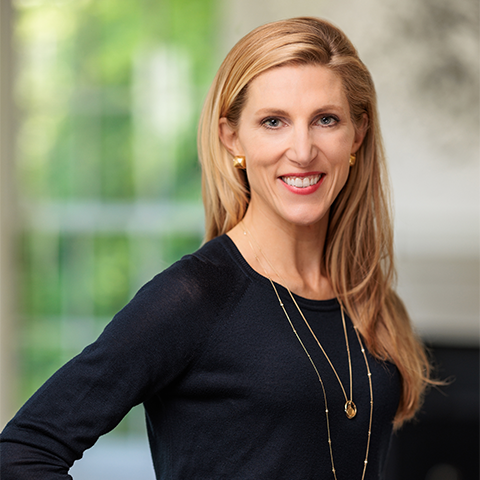
Vanessa Kerry, MD, MSc, is a critical care trained physician who is the co-founder and CEO of Seed Global Health (Seed), a non-profit that focuses on the power of investing in health and the health workforce for social well-being, economic growth, equity which transforms countries. At Harvard, she serves as the director of the program in Global Health and Climate Policy in the Department of Environmental Health and a core faculty member at the Center for Climate, Health and Global Environment (C-CHANGE) at Harvard T.H. Chan School of Public Health and the Director of the Program in Global Public Policy at Mass General, a Harvard Medical School affiliated hospital. She also serves as the World Health Organization’s Special Envoy for Climate Change and Health. Dr. Kerry’s academic focus is on health system strengthening with a focus on health workforce, climate change and health and global health security.
Prominent publications include in the New England Journal of Medicine, The Lancet, PloS Medicine, Academic Medicine, BMJ and Global Heart. She has commented in media on the importance of health including for BBC, NPR, MSNBC, CNN and other venues and has presented at major convenings including the World Health Assembly, the United Nations, Tedx Boston, Aspen Ideas Festival, the Brookings Institute and other public forums.
Under her leadership at Seed and through partnership with governments and in-country academic institutions, Seed has helped train over 47,000…
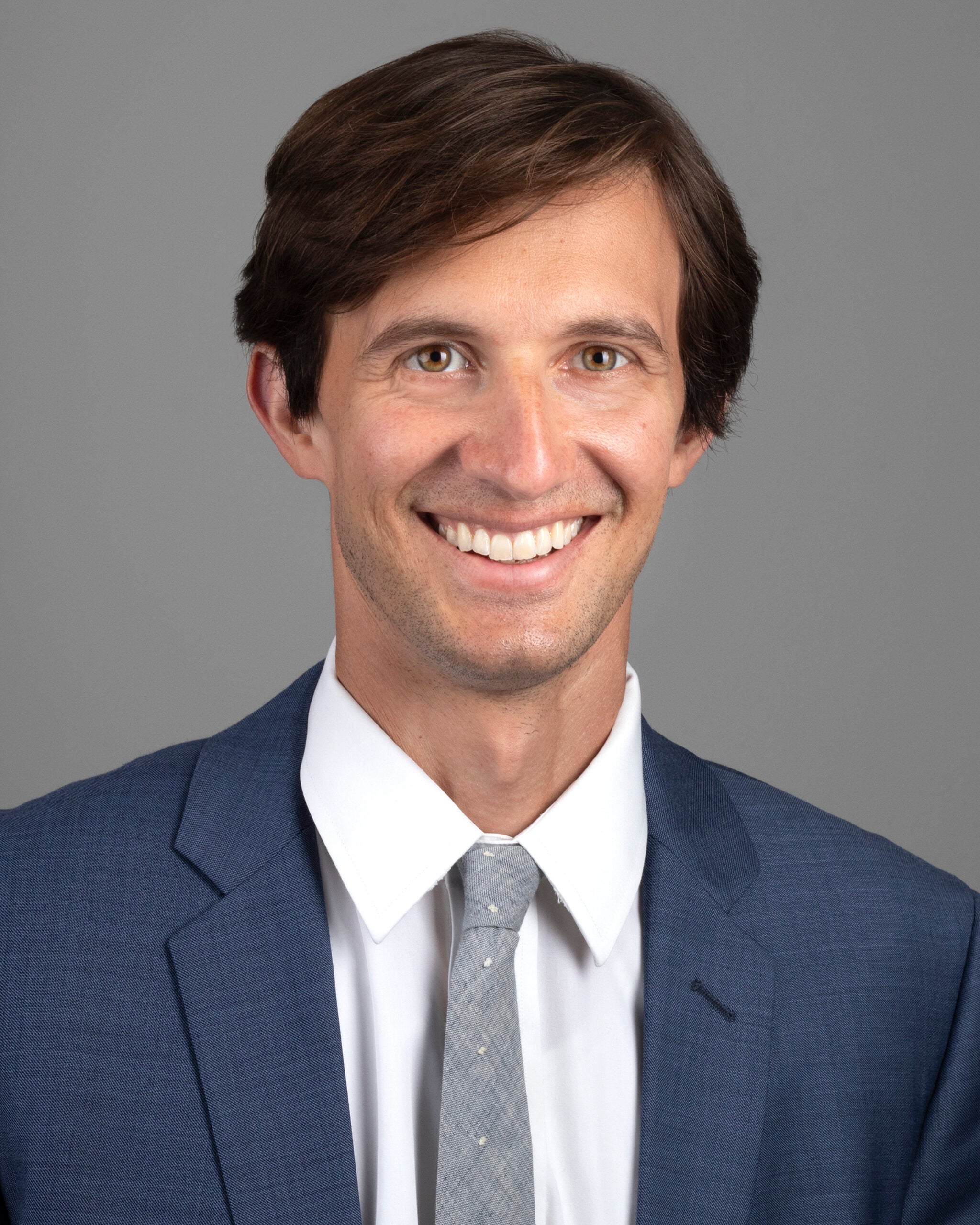
Nicholas Nassikas, MD is an attending physician in the Division of Pulmonary, Critical Care, and Sleep Medicine at BIDMC and an Assistant Professor of Medicine at Harvard Medical School. His research focuses on how weather and air quality affect the respiratory health of children and adults.
I am an Assistant Professor in the Department of Biostatistics at the Harvard T.H. Chan School of Public Health. The primary aim of my research is to develop statistical methods that enable maximally rigorous and impactful uses of data to answer environmental health questions. In particular, my recent work centers on the following topics:
(1) Methods for estimation of the health impacts of complex, nationwide environmental regulations
(2) Integration of causal inference principles and methods into epidemiological cancer cluster analyses
(3) New causal inference approaches for studying the effects of environmental exposures on childhood cancer
(4) Methods for studying the impacts of climate, heat, and natural disasters on health and predicting the health impacts of future extreme climate events
Beyond causal inference, my methodological research interests include machine learning, Bayesian methods, latent variable models, spatial statistics, and time series analysis. I have applied these methods to investigate scientific questions not only in environmental health contexts but also in reproductive epidemiology, neuroimaging, social science, and cell biology.
I am a behavioral scientist with expertise in implementation science, cancer disparities, and community-based participatory research. My work focuses on strengthening systems in underserved communities to leverage the best available evidence for cancer prevention and control.
My research falls into three streams. First, I design and evaluate workforce development interventions to promote the use of research evidence within community-based organizations in the US and India. This work also includes examinations of the impacts of staff social networks on the uptake and use of research evidence. Second, I study the adaptation of evidence-based preventive services for use in underserved communities in the US and India. My goal is to design practice-focused guidelines for strategic adaptation so that implementing organizations can increase the impact of available interventions by leveraging practice- and research-based expertise. The third stream of my work focuses on methods to incorporate practitioner expertise into the health promotion evidence base more effectively. This includes evaluations of strategies to identify and engage critical implementation stakeholders as well as technology-based methods to gather stakeholder insight efficiently. Much of my work is conducted in partnership with community-based organizations and coalitions.
Lisa A. Robinson’s research and teaching focus on the conduct of benefit-cost analysis and other forms of economic evaluation. She has led numerous assessments of the costs, benefits, and other impacts of environmental, health, and safety policies and regulations, developed related methods, and drafted guidance documents. She co-edited the National Academies book, “Valuing Health for Regulatory Cost-Effectiveness Analysis,” led the creation of benefit-cost analysis guidelines for the U.S. Department of Health and Human Services and for global public health interventions, and developed approaches for estimating the value of mortality risk reductions (the value per statistical life, VSL) for several government agencies and other organizations. She has explored numerous other methodological issues, including the implications of behavioral economics and happiness (subjective wellbeing) research for benefit-cost analysis, approaches for addressing the distribution of impacts across advantaged and disadvantaged groups, and ethical concerns. She applies these methods in high-, middle-, and low-income settings.
Fellows
Wenli Ni is a postdoctoral research fellow at Harvard Chan C-CHANGE. Her research interests lie in understanding how climate change affects health in both children and adults, as well as the overlapping impacts of climate change and air pollution.
Previously, Ni was a postdoctoral research fellow at Beth Israel Deaconess Medical Center, a teaching affiliate of Harvard Medical School. She obtained her PhD in environmental epidemiology from Ludwig-Maximilian University of Munich and Helmholtz Munich in Germany. During her doctoral journey, Ni investigated the effects of air temperature on cardiovascular disease, focusing on underlying mechanisms such as DNA methylation, proteomics, and epigenetic aging. As a visiting PhD researcher at Karolinska Institute in Sweden, she examined the associations between air temperature, air pollution, and myocardial infarction hospitalizations using comprehensive Swedish nationwide registry data.
Throughout her career, Ni has remained passionately committed to advancing research in climate-related health, continuously contributing to knowledge in this critical field.

Nadav L. Sprague is the inaugural U.S. Global Health Equity Research Fellow in the Department of Global Health and Social Medicine at Harvard Medical School. Trained in life course epidemiology, environmental science, and social medicine, he examines how climate change and other environmental exposures influence health, education, and wellbeing outcomes, with a focus on vulnerable populations such as children and urban residents. His research employs geospatial, quantitative, and community-based methods to investigate how environmental change acts as a threat multiplier for pre-existing inequities.
Sprague is the Founder and Executive Director of Gateway to the Great Outdoors (GGO), a nonprofit organization that partners with Title I schools to provide environmental education and nature-based experiences for students from low-income communities. Through both his academic and community work, he seeks to advance equitable, evidence-based interventions that promote environmental and human wellbeing.
Visiting Scientists
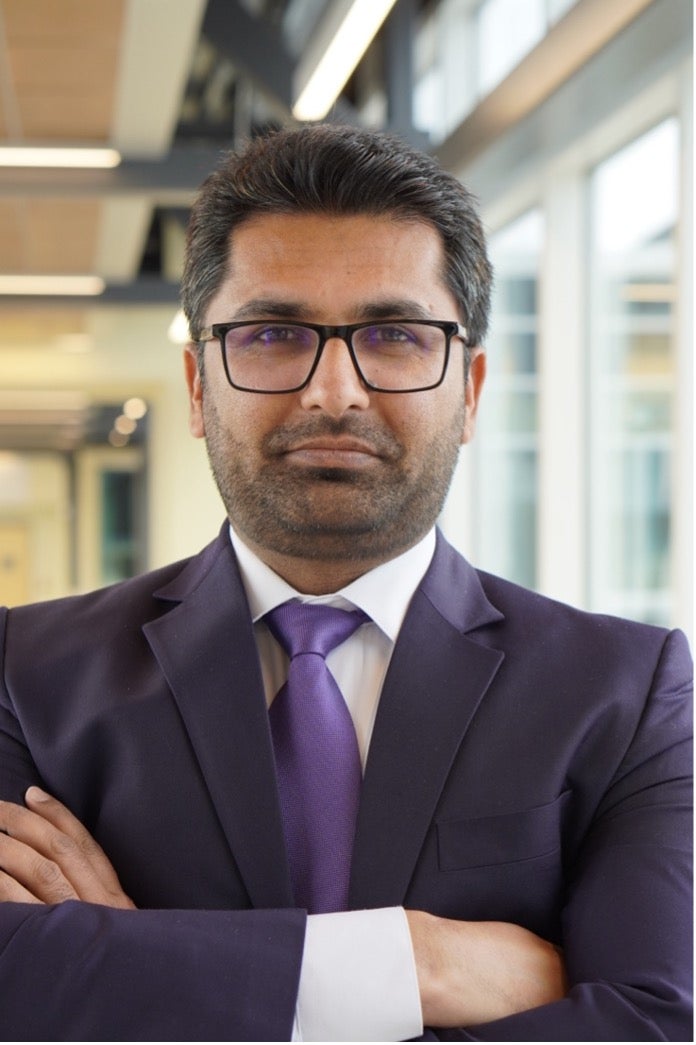
Muhammad Ittefaq (Ph.D. University of Kansas) is an Assistant Professor in the School of Communication Studies at James Madison University. His research examines how people consume and interact with information through mainstream and social media, including how they interpret scientific messages, make decisions related to health and climate, and support policies related to science. Additionally, his research focuses on environmental communication, examining the process of effectively conveying information and raising awareness about the causes, consequences, and solutions related to climate change in the Global South. At Harvard Chan C-CHANGE, he will be working on projects related to science misinformation correction and politicization of science.
Staff

Alima Ahmed serves as a faculty assistant to Mary Rice and supports the GeoHealth India project with Nancy Long Sieber. She is a recent graduate of Simmons University, where she earned a bachelor of science in business administration, double majoring in marketing and communications with a concentration in graphic design. Alima is passionate about project coordination, administration, and office management.

Skye Flanigan oversees community engagement, educational programs, and strategic partnerships at Harvard Chan C-CHANGE. With Harvard since 2014, she previously managed the Healthy Buildings Program and researched how indoor environments’ impact health and productivity. She holds a Master’s degree from Harvard and a Bachelor’s degree from the University of Denver. Flanigan’s diverse background spans teaching, environmental consulting, and event planning. She loves the outdoors and advocating for health and sustainability.
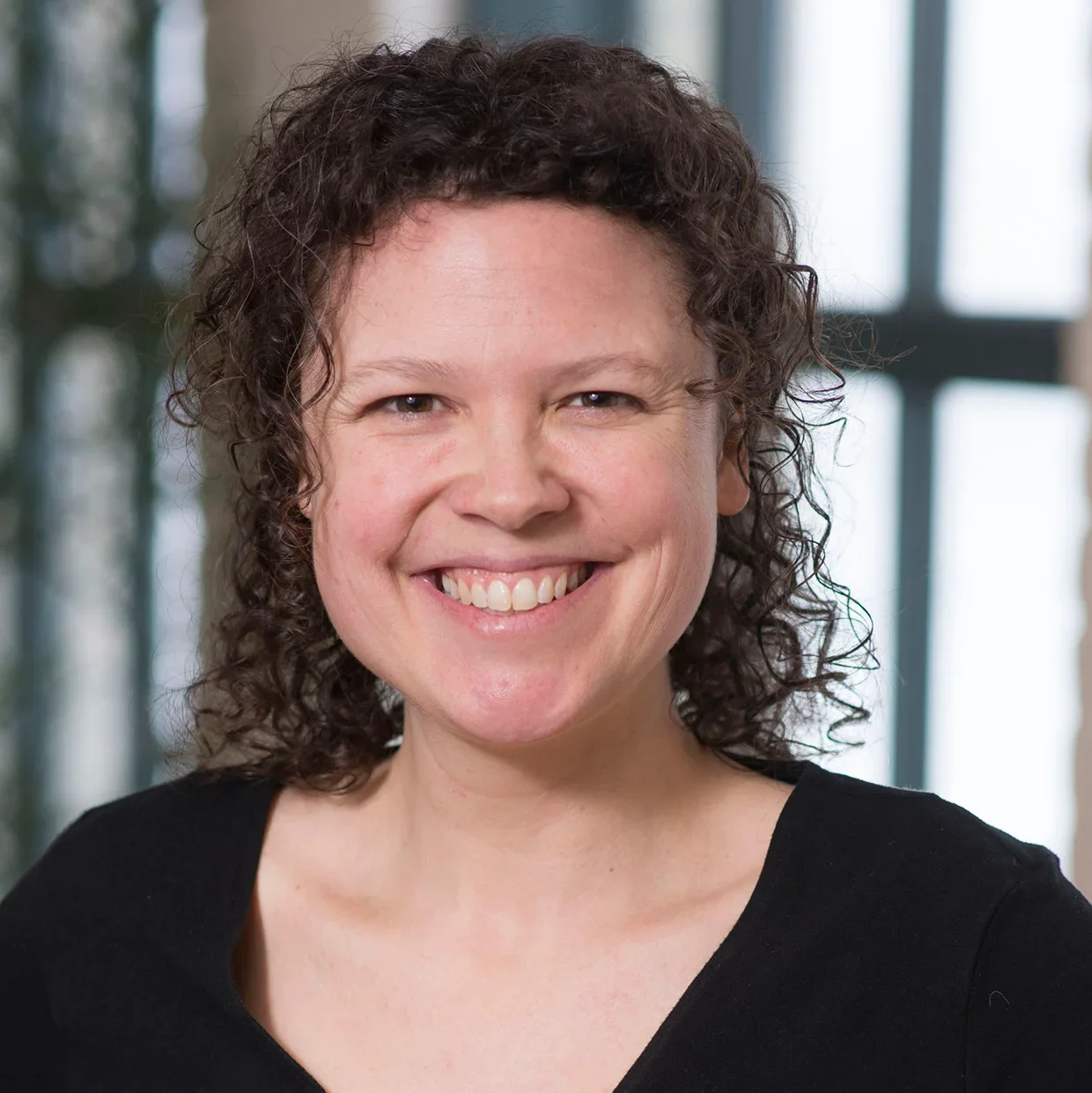
Marcy Franck has launched communications campaigns to raise awareness and inspire action for over 20 years. At Harvard Chan C-CHANGE she helps scientists translate their research into stories that make climate change personal, actionable, and urgent, and works with the small but mighty comms team to ensure they reach the people at the right time.
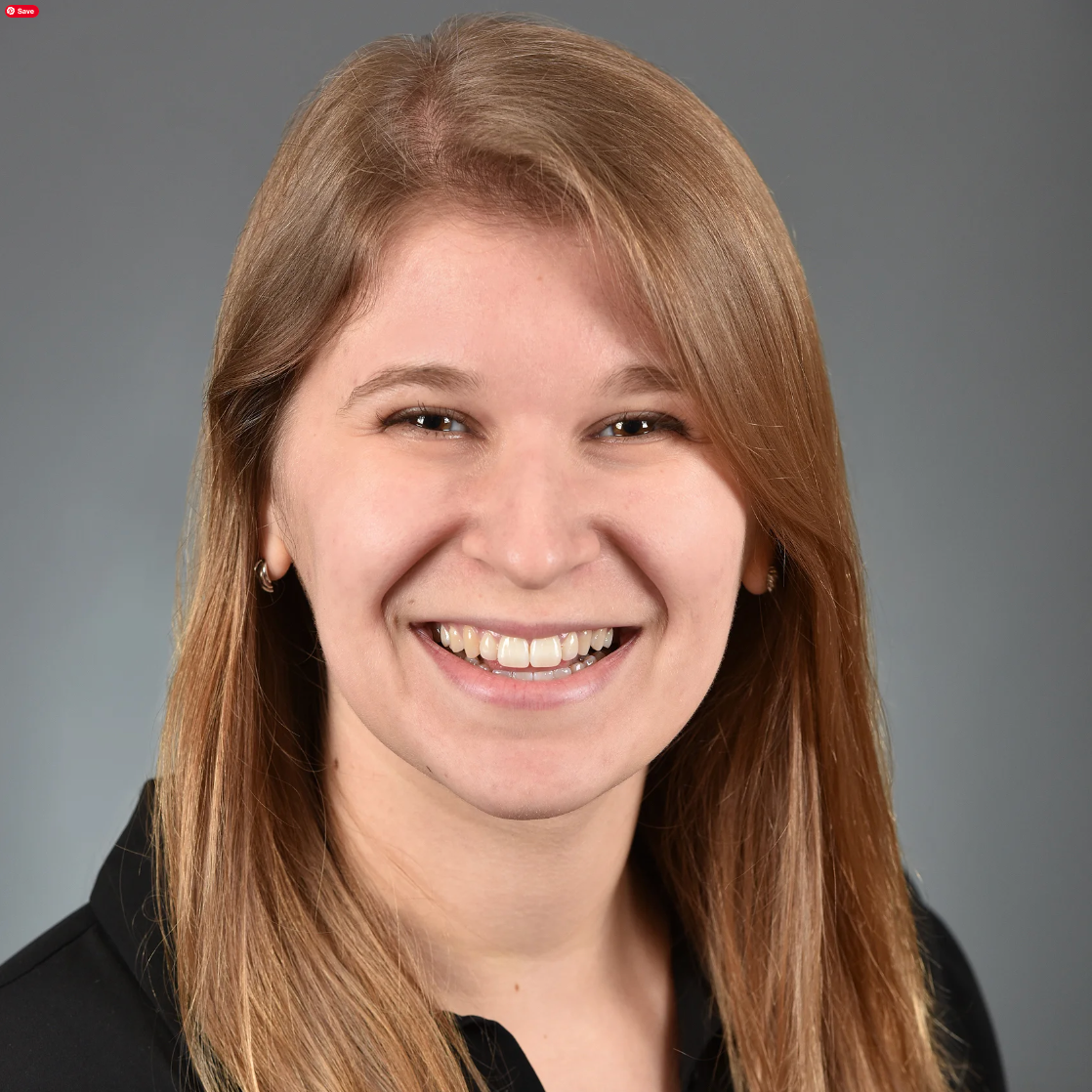
Anna Miller leads the media and external communication strategy at Harvard Chan C-CHANGE, translating the Center’s research into messages that are actionable, accessible, and personal. She works with the media, policymakers, health care providers, and researchers to turn science into climate action that improves health. Miller received her Master’s in Public Health from Harvard T.H. Chan School of Public Health in 2019.
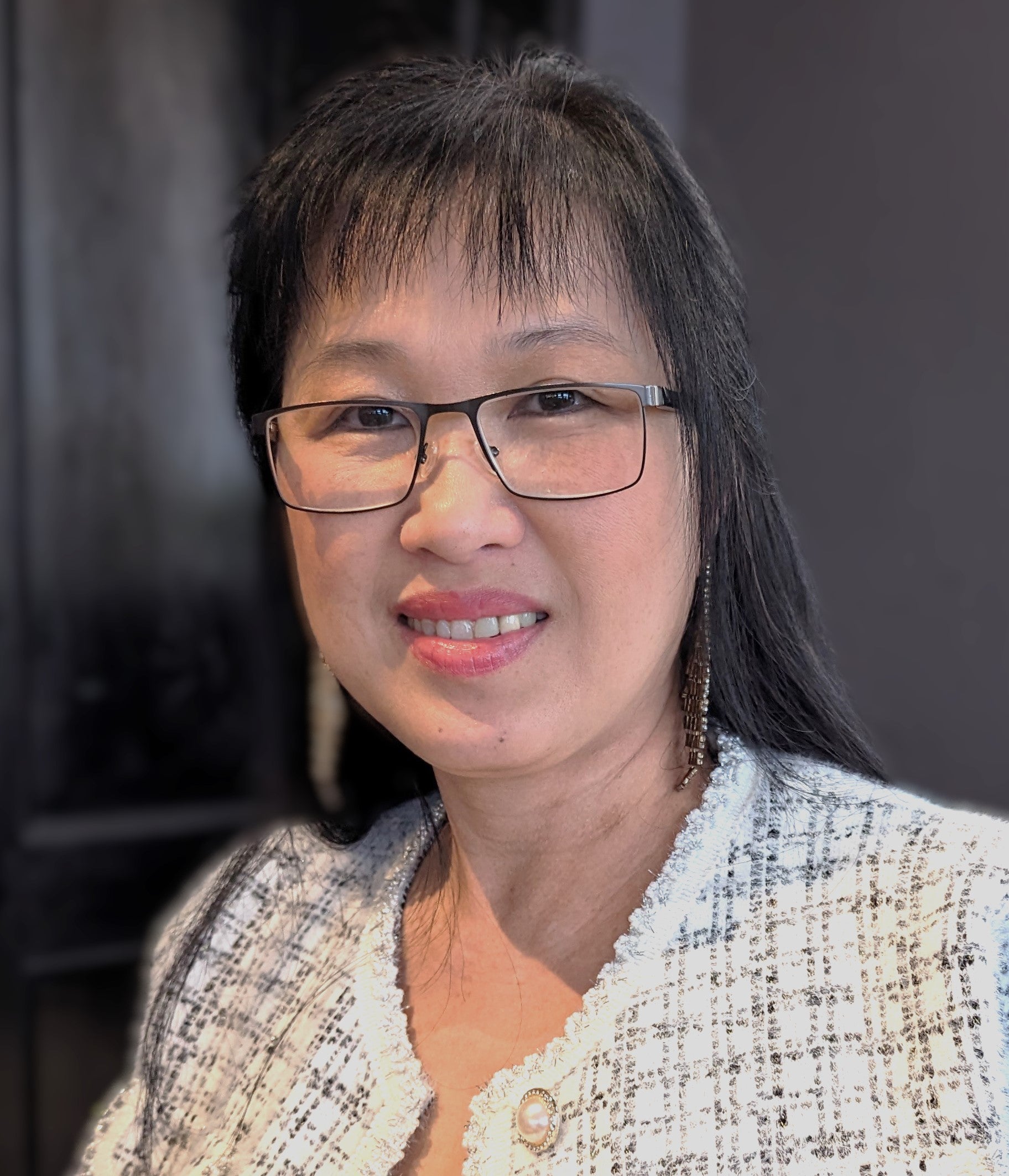
Kim Nguyen joined Harvard Chan C-CHANGE in 2017 and serves as senior financial associate. Kim provides Financial/Pre & Post-award management for the Center and supports financial services for the Department of Environmental Health. Prior to joining Harvard, Kim worked as a finance specialist at the American Cancer Society for 21 years. She graduated from Bunker Hill Community College with an Associate of Science in Accounting degree in 2001.
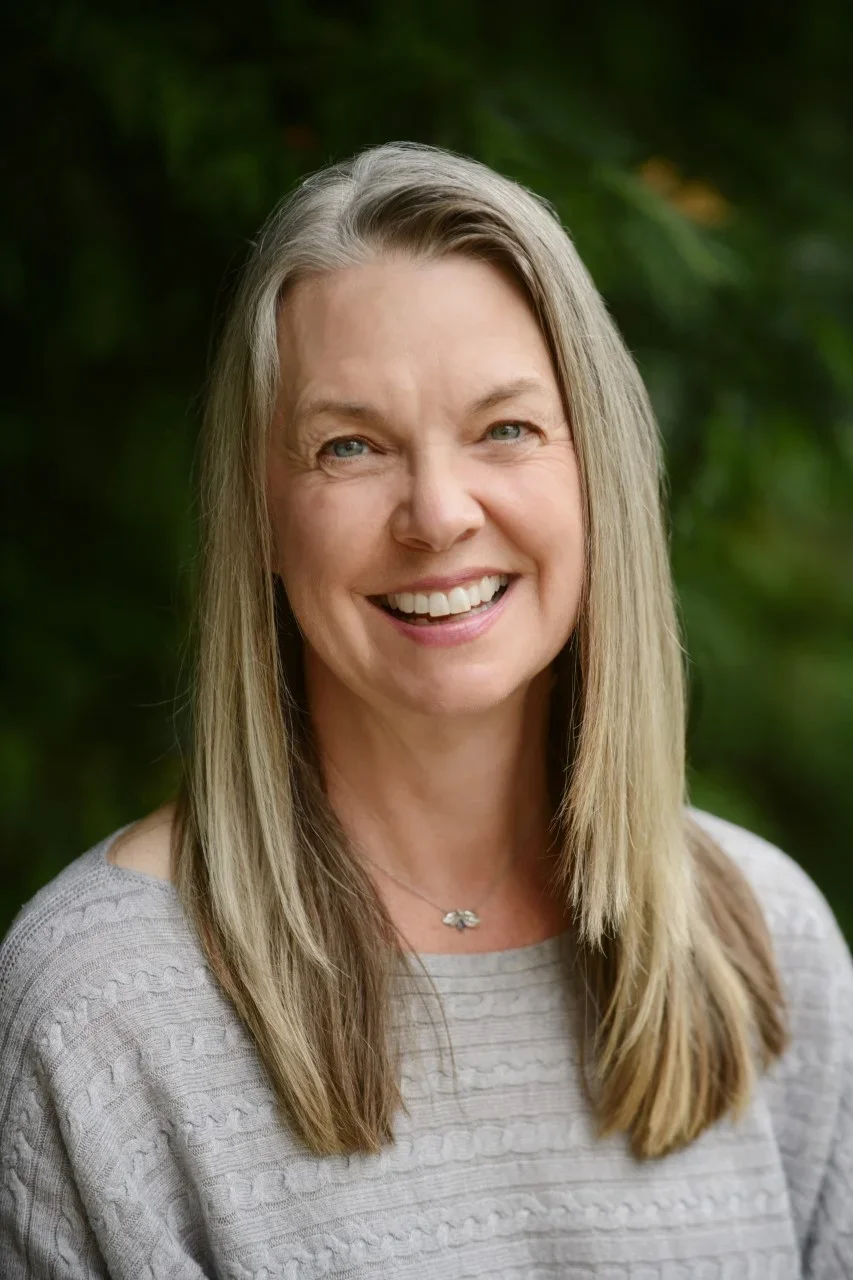
Tracy Sachs joined Harvard Chan C-CHANGE in 1999 and has served as its Administrative Director since 2010. Sachs is a strategic thought-partner with the Center’s leadership and maximizes and strengthens its programming and capacity. She leads and develops an internal team that supports the Center’s finance, human resources, and general operations. In 2010, she received the Dean’s Award for Leadership in the Advancement of Women Staff.
Student Interns

Kyra Jun is a research assistant for the Air Purification for Eosinophilic COPD Study at the Harvard T.H. Chan School of Public Health and the Beth Israel Deaconess Medical Center’s Institute for Lung Health, where she studies climate-related exposures and their impact on eosinophilic COPD. Her past research explored bi-hemispheric ice sheet variability and phytoplankton nutrient uptake. She is a sophomore at Harvard College, pursuing a double concentration in Human Developmental and Regenerative Biology and Earth and Planetary Sciences.
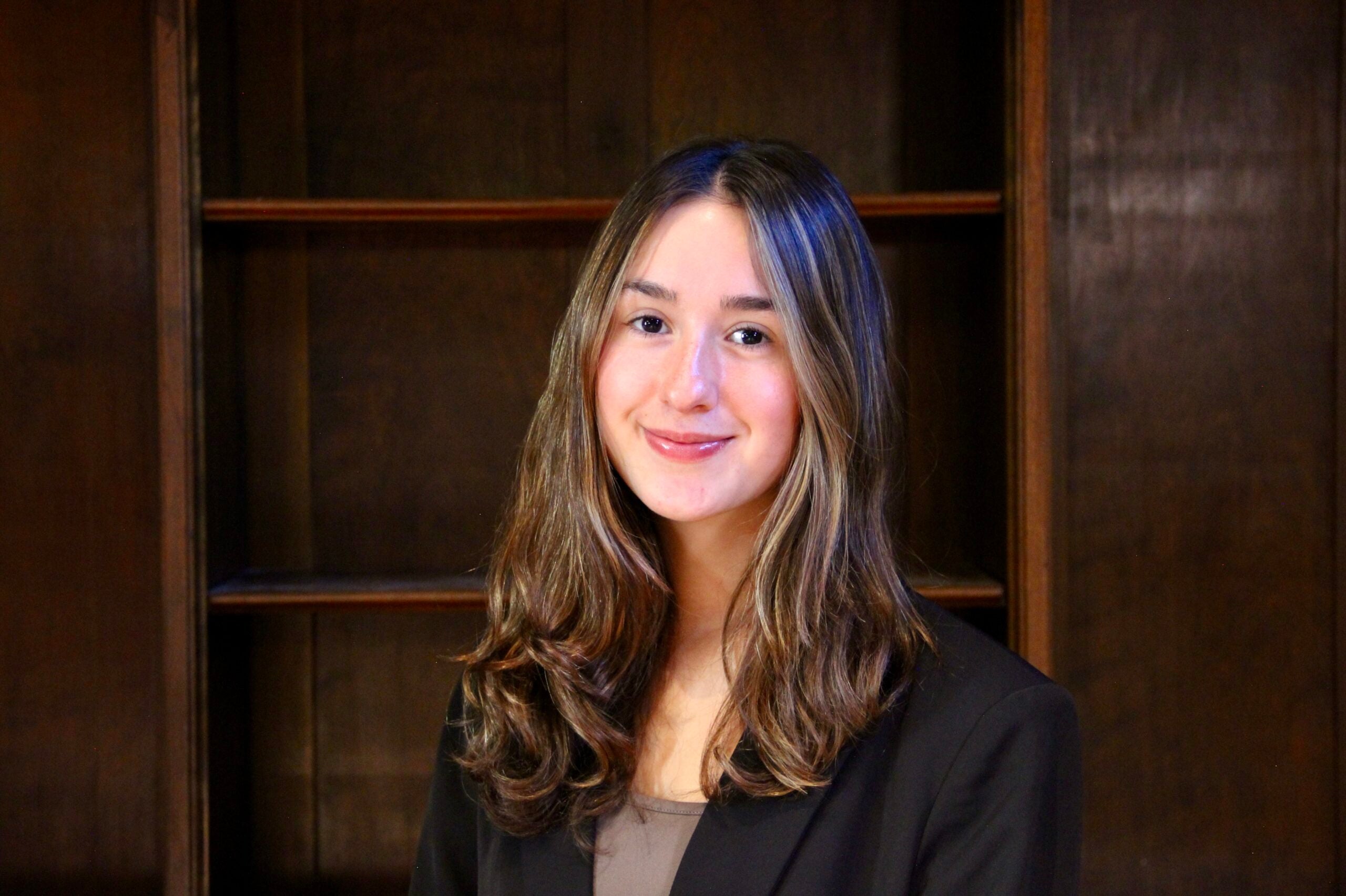
Hannah Levine is a research assistant for the Air Purification for Eosinophilic COPD Study at Harvard Chan C-CHANGE and at the Beth Israel Deaconess Medical Center’s Institute for Lung Health, where she explores the impact of climate-related conditions on respiratory health outcomes. Her future research focuses on behavioral endocrinology, specifically testing the effect of testosterone on spatial memory and adult neurogenesis. She is a rising junior at Middlebury College, studying neuroscience and economics.
Scientific Advisory Council
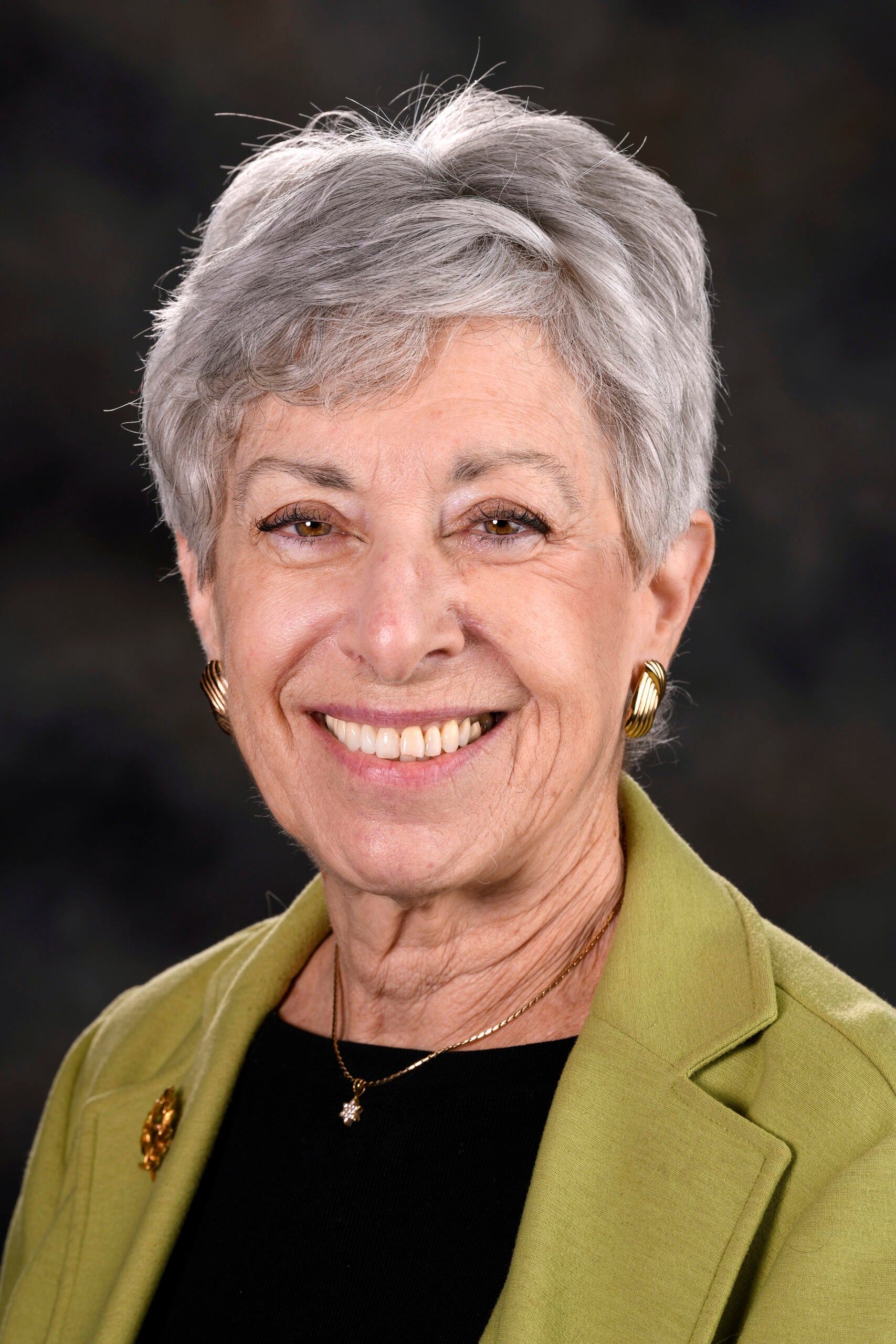
Linda S. Birnbaum, Ph.D., D.A.B.T., A.T.S. is the former Director of the National Institute of Environmental Health Sciences (NIEHS) of the National Institutes of Health, and the National Toxicology Program (NTP). After retirement, she was granted scientist emeritus status and still maintains a laboratory. As a board-certified toxicologist, Birnbaum served as a federal scientist for 40 years. Prior to her appointment as NIEHS and NTP Director in 2009, she spent 19 years at the U.S. Environmental Protection Agency (EPA), where she directed the largest division focusing on environmental health research.
Birnbaum has received many awards and recognitions. In 2016, she was awarded the North Carolina Award in Science. She was elected to the Institute of Medicine of the National Academies, one of the highest honors in the fields of medicine and health. She was also elected to the Collegium Ramazzini, an independent, international academy comprised of internationally renowned experts in the fields of occupational and environmental health and received an honorary Doctor of Science from the University of Rochester and a Distinguished Alumna Award from the University of Illinois. She has also received Honorary Doctorates from the University of Rhode Island, Ben-Gurion University, Israel, and Amity University, India; the Surgeon General’s Medallion 2014; and 14 Scientific and Technological Achievement Awards, which reflect the recommendations of EPA’s external Science Adv…
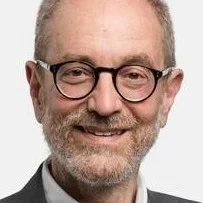
Howard Frumkin, a physician and epidemiologist, is Professor Emeritus of Environmental and Occupational Health Sciences at the University of Washington School of Public Health, where he served as Dean from 2010-2016. He served as Senior Vice President of Trust for Public Land (2021-2024), as head of the Our Plant, Our Health initiative at the Wellcome Trust in London (2018-19), Director of the National Center for Environmental Health at the U.S. Centers for Disease Control and Prevention (2005-10), and Professor and Chair of Environmental and Occupational Health at Emory University’s Rollins School of Public Health (1990-2005).
Frumkin’s research interests include health aspects of the built environment, climate change, energy policy, nature contact, and sustainability. He has served on numerous boards and advisory committees. He is the author or co-author of over 300 scientific journal articles and chapters, and his 14 books include Environmental Health: From Global to Local (Wiley, 3rd Edition, 2016), Planetary Health: Protecting Nature to Protect Ourselves(Island Press, 2020), Planetary Health: Safeguarding the Environment and Human Health in the Anthropocene (2021, and Making Healthy Places: Designing and Building for Health, Well-Being, and Sustainability (Island Press, 2nd Edition, 2022). He received his AB from Brown University, his MD from the University of Pennsylvania, and his MPH and DrPH from Harvard Univ…
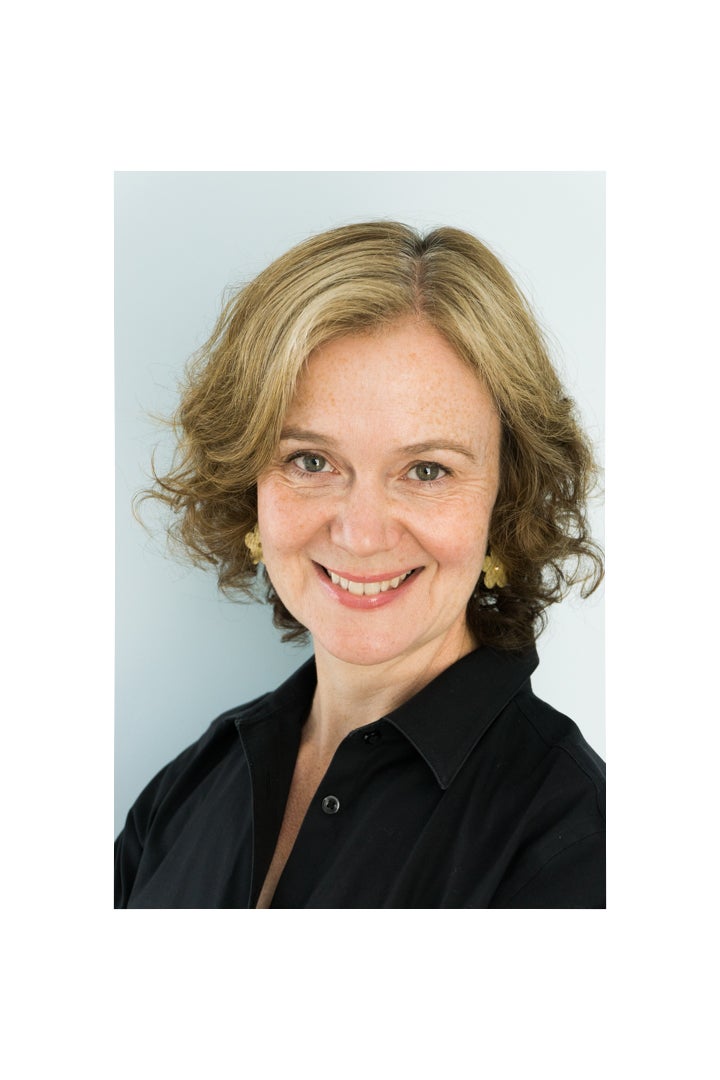
Dr. Louise Ivers is the Executive Director of the Center for Global Health and the David Bangsberg MD, MPH Endowed Chair in Global Health Equity at Mass General Hospital. She is the Director of the Harvard Global Health Institute and a Professor of Medicine and Professor of Global Health and Social Medicine at Harvard Medical School. Dr. Ivers is a practicing physician in the Division of Infectious Diseases at Mass General. She works on the design, implementation, and evaluation of large-scale public health programs in resource-limited settings with the goal of achieving health equity.
Dr. Ivers has spent her career providing care to the rural and urban poor, as well as engaged in patient-oriented investigation that offer solutions to barriers to healthcare. She has worked on healthcare delivery in India, Southeast Asia, and Africa. She was based in Haiti and served as Clinical Director and then Chief of Mission for Partners In Health, Haiti from 2003 until 2012 while then a faculty member at Brigham and Women’s Hospital, designed and implemented HIV/TB programs, and led responses to the major earthquake in Haiti in 2010, and a major cholera epidemic. From 2015-2017 she was a member of the executive leadership team at Partners In Health, responsible for global strategic implementation.
In addition to expanding access to healthcare for the poor, Dr. Ivers has contributed to published research articles on HIV/AIDS, food insecurity, and cholera treatment and preven…
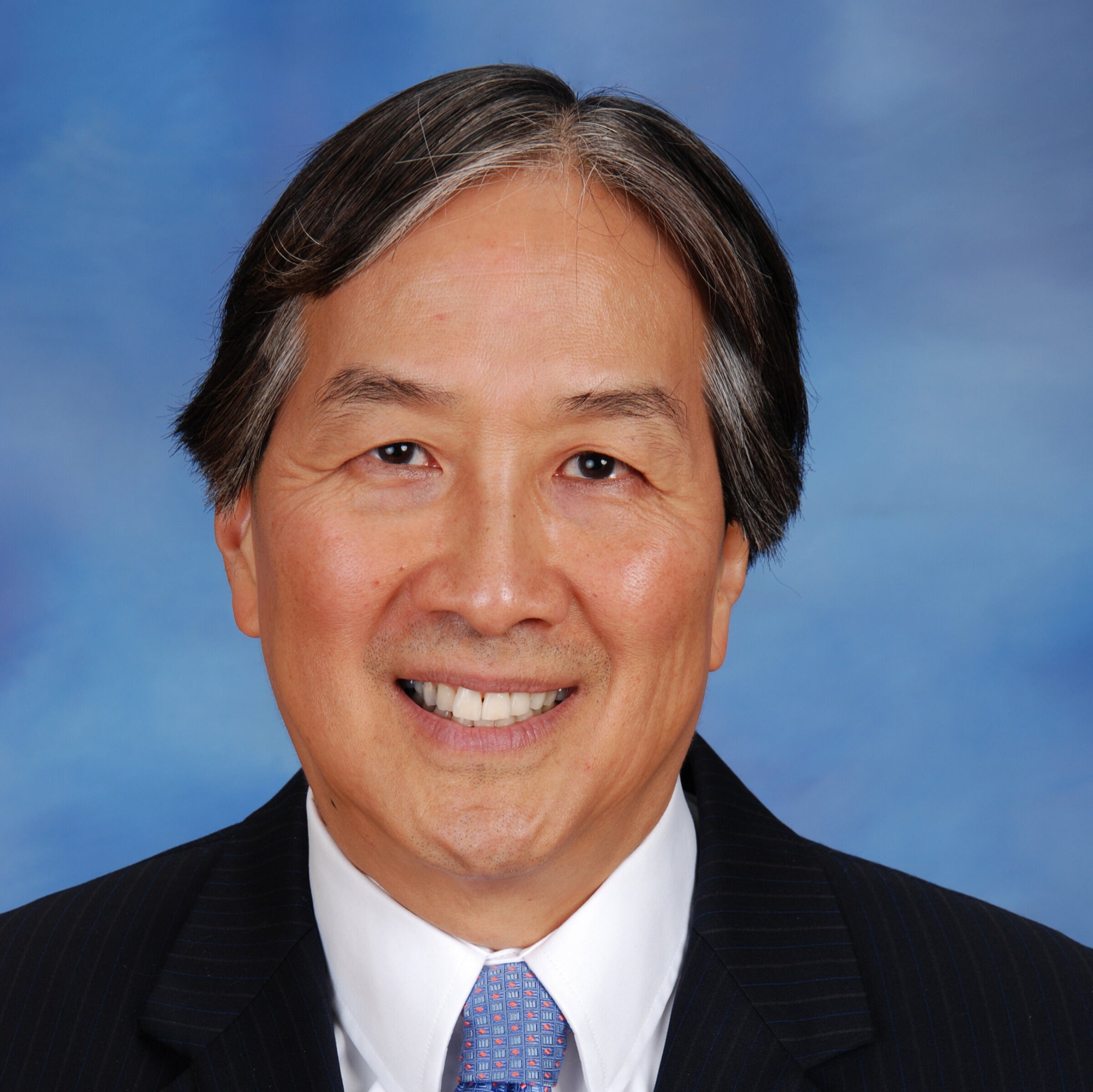
Dr. Howard K. Koh is the Harvey V. Fineberg Professor of the Practice of Public Health Leadership at the Harvard T. H. Chan School of Public Health as well as a member of the Faculty Executive Committee of the Harvard Advanced Leadership Initiative. In these roles, he advances interdisciplinary leadership education and training at the Harvard T.H. Chan School of Public Health as well as across Harvard University. He also serves as the inaugural Chair of the Harvard T. H. Chan School of Public Health Initiative on Health and Homelessness and Co-Director of the Initiative on Health, Spirituality and Religion at Harvard University. Previously at Harvard School of Public Health (2003-2009), he was Associate Dean for Public Health Practice and Director of the School’s Center for Public Health Preparedness.
From 2009-2014, Dr. Koh was the 14th Assistant Secretary for Health for the U.S. Department of Health and Human Services (HHS), after being nominated by President Barack Obama and being confirmed by the U.S. Senate. During that time, he oversaw 12 core public health offices, including the Office of the Surgeon General and the U.S. Public Health Service Commissioned Corps, 10 Regional Health Offices across the nation, and 10 Presidential and Secretarial advisory committees. He served as senior public health advisor to the HHS Secretary and in that capacity oversaw Healthy People 2020 (the nation’s public health agenda), promoted the disease prevention and public health dim…
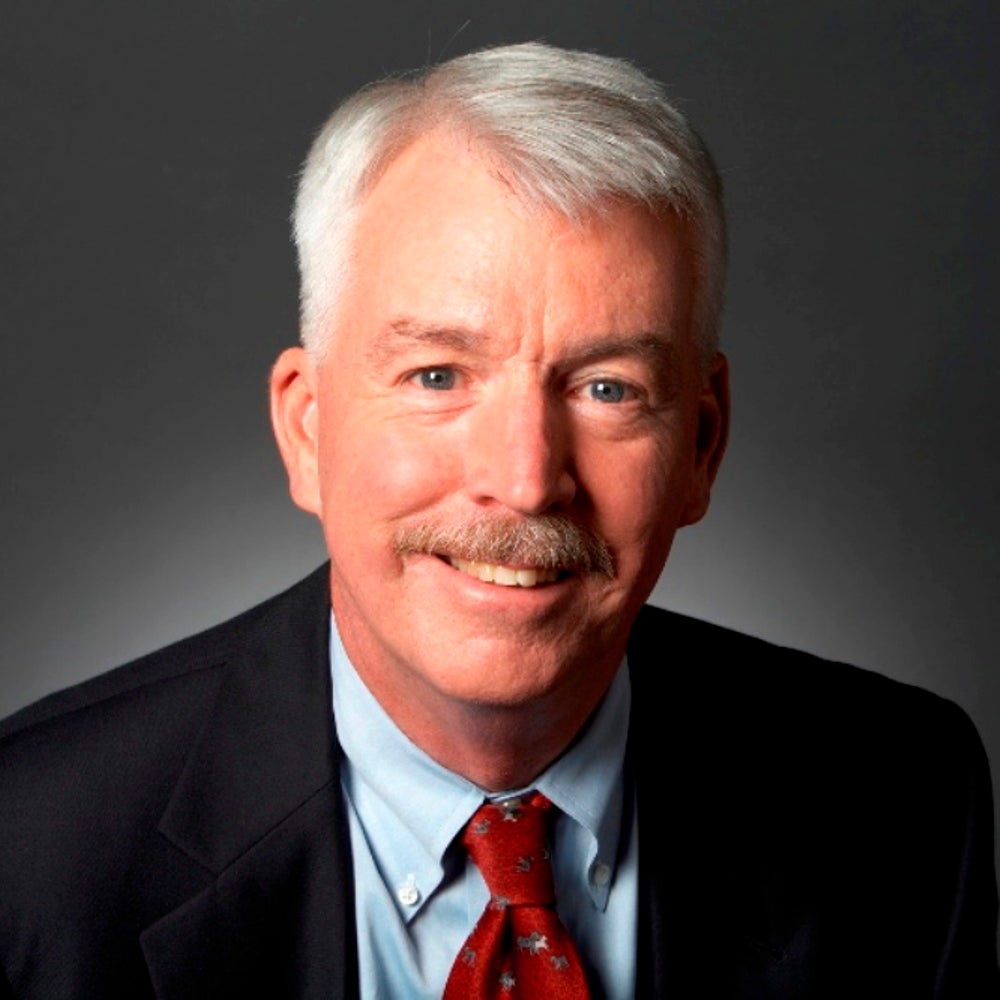
Philip J. Landrigan, MD, MSc is a pediatrician and epidemiologist, board-certified in the specialties of pediatrics, general preventive medicine, and occupational & environmental medicine. He is a Professor at Boston College, where he directs the Program for Global Public Health and the Common Good and the Global Observatory on Pollution and Health.
For four decades, Dr. Landrigan has undertaken research elucidating connections between the environment and human health and translated this research into disease prevention policies.
Dr. Landrigan’s studies in the 1970s of lead poisoning in children living near ore smelters, undertaken while he was at CDC, were the first to show that airborne lead can cause childhood lead poisoning. They were also among the earliest studies to document that silent, asymptomatic lead poisoning in children can cause IQ loss and behavioral problems. These studies contributed to the removal of lead from gasoline and paint, actions that reduced childhood lead poisoning in the USA by 95% and resulted in a nearly 5-point gain in the mean IQ of all American children born since 1980. Lead has now been removed from gasoline in every country.
From 1988-1993 Dr. Landrigan chaired a US National Academy of Sciences Committee on Pesticides in the Diets of Infants and Children. This Committee documented children’s exquisite sensitivity to pesticides and other toxic chemicals in the environment and catalyzed fundamental…
Megan Murray is an epidemiologist and an infectious disease physician with over 25 years of experience studying tuberculosis and other emerging and re-emerging infectious diseases. Dr. Murray is the Ronda Stryker and William Johnston Professor of Global Health and Social Medicine at Harvard Medical School and Professor of Epidemiology at the Harvard Chan School of Public Health. She is also the director of the Research Core in the Department of Global health and Social Medicine at Harvard Medical School.
Dr. Murray’s research focuses on host and pathogen specific determinants of TB infection, disease and treatment outcomes. Much of her research is done in collaboration with the non-governmental organization Partners in Health and its Peru-based sister organization Socios en Salud. The joint team uses bacterial and human genetic and genomic tools to identify variants of interest and to understand the mechanisms of their interactions.
In addition to her work in Peru, Dr. Murray has conducted field studies in South Africa, Russia, the US, India, Indonesia, Sierra Leone, Pakistan, Niger and Rwanda. She serves as an editor for PLoS Medicine and for the European Journal of Epidemiology. She is currently a member of the Mass Consortium for Pathogen Readiness leadership team as well as Harvard University’s Covid Monitoring Committee. She has also served on numerous other committees, including the WHO’s TB-STAG, the Stop TB MDR Working Group, Harvard University Human Subjects …
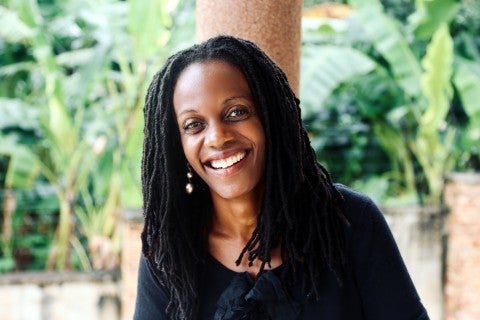
Dr. Catherine Nakalembe is an Assistant Professor at the University of Maryland’s Department of Geographical Sciences. Her research focuses on using remote sensing and machine learning to improve smallholder agriculture, food security, early warning, and disaster assessment. She also serves as the Africa Director of NASA Harvest and the Agriculture and Food Security Thematic Lead for NASA SERVIR Applied Sciences. Dr. Nakalembe has received numerous awards and honors for her work, including the prestigious Al Sumait Prize, the 2022 Golden Jubilee Medal (the highest civilian award in Uganda), the 2020 Africa Food Prize (the preeminent award recognizing an outstanding individual or institution that is leading the effort to change the reality of farming in Africa), and a 2019 GEO Individual Excellence Award for her dedication to improving food security in Africa through the enhanced use of Earth observations.
Strategic Advisory Board
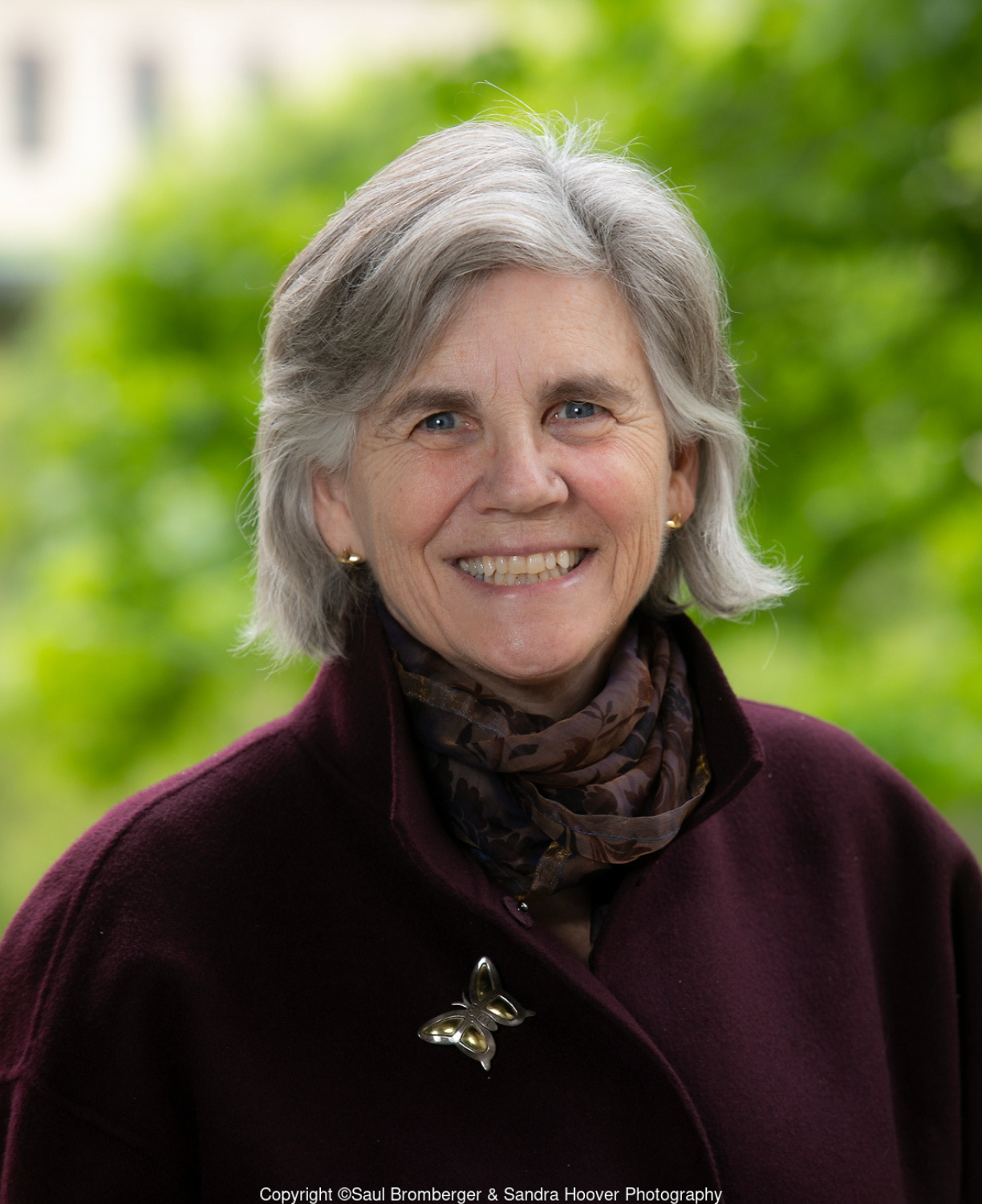
Katherine States Burke MBA, MSc, is a lecturer, scholar, and strategic adviser at the Center for Human and Planetary Health within the Stanford Doerr School of Sustainability. The Center is a hub for Stanford researchers, educators and students working on solutions at the intersection of health and the environment. Previously, Ms. Burke was Deputy Director of Stanford’s Center for Innovation in Global Health, where she led efforts in three focus areas: women’s leadership, planetary health, and initiatives aimed at vulnerable populations. She played a key role in creating and leading the inaugural “Women Leaders in Global Health” conference in 2017, sparking a global movement and an ongoing partnership between Stanford and the Bill and Melinda Gates Foundation. A magna cum laude graduate of Harvard University, Kathy began her career as a reporter, editor and publishing executive. She later pursued a longstanding interest in public health, earning a Master of Science in Global Health Sciences from the University of California, San Francisco (UCSF). She also holds an MBA from Northwestern University’s Kellogg School of Management. Kathy enjoys working at the interface of disciplines and sectors to address big social problems. An avid cyclist and cook, she lives in Woodside, California, with her husband and dog.

Pam Cheng is the Executive Vice President, Global Operations, IT & Chief Sustainability Officer, at AstraZeneca. Pam was appointed Executive Vice-President, Operations & Information Technology in June 2015 and assumed additional responsibility for the AstraZeneca Sustainability strategy and function in January 2023. Pam joined AstraZeneca after having spent 18 years with Merck/MSD in Global Manufacturing and Supply Chain and Commercial roles. Pam was the Head of Global Supply Chain Management & Logistics for Merck and led the transformation of Merck supply chains across the global supply network. Pam also held the role of President of MSD China, responsible for MSD’s entire business in China. Prior to joining Merck, Pam held various engineering and project management positions at Universal Oil Products, Union Carbide Corporation and GAF Chemicals. Pam holds Bachelor’s and Master’s degrees in chemical engineering from Stevens Institute of Technology in New Jersey and an MBA in marketing from Pace University in New York. Pam serves as a Non-Executive Director of the Smiths Group plc Board and as a Trustee Member of the Board for Stevens Institute of Technology. Pam also serves as an Advisor to the International Society of Pharmaceutical Engineering (ISPE) Board of Directors.
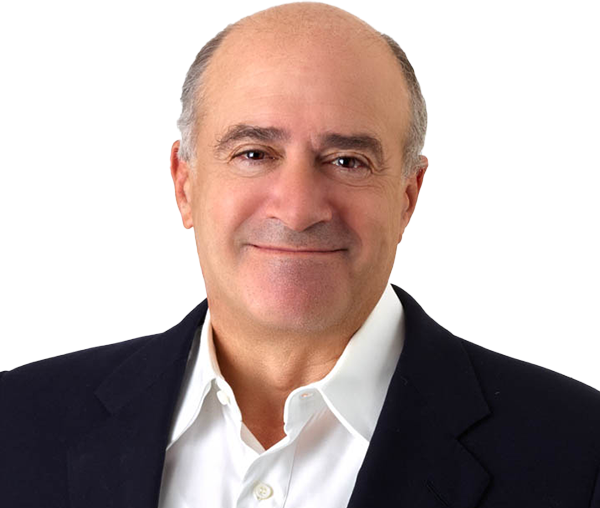
Craig Cogut Founder, Chairman & CEO, Pegasus Capital, has spent a career building successful investment businesses. Mr. Cogut founded Pegasus, a private equity fund, in 1995 and serves as its Chairman and CEO, and is a member of the management committee and the investment committee. Through Mr. Cogut’s leadership, Pegasus has focused on sectors influenced by global resource scarcity and the need to combat climate change, as well as on the growth in demands globally for human health and wellness, leading to Pegasus becoming the first U.S. private equity fund manager to be accredited by the Green Climate Fund. In 1990 Mr. Cogut co-founded and was one of the original partners at Apollo Advisors L.P., a position he held for six years preceding the creation of Pegasus. Mr. Cogut is currently Vice Chairman of the Board of Directors of PanTheryx. In addition, Mr. Cogut has been an active philanthropist in the fields of improving education, building civil society, and championing environmental and health issues. Mr. Cogut currently serves as Chairman of the finance advisory board of the Global Alliance for a Sustainable Planet, a non-profit focused on leveraging private finance for public good to achieve sustainable development goals. Mr. Cogut is an alumnus of Brown University and Harvard Law School.
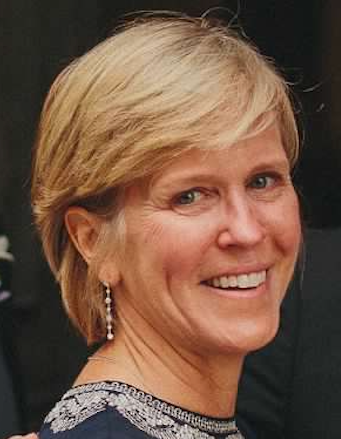
Wendy Gordon co-founded and was the original president of PIPs Rewards LLC, the wholly owned subsidiary of the nonprofit PIPs Education Fund. Together with a global team, Gordon co-created the PIPs Rewards mobile engagement platform to leverage the power of a rewards currency (called “Positive Impact Points” or “PIPs”), smart tools, and games to track and reward daily life choices that deliver personal and planetary benefits. The PIPs platform, which won a NYC BigApps prize sponsored by the NYC Economic Development Corporation, has been used by universities and nonprofit service organizations to recognize and reward 10s of 1000s of students, low income students in particular, for completing everyday positive impact actions. Some of the students were extrinsically rewarded with grants for school, others with gift cards, but all came away with a sense of their own intrinsic purpose and agency. Gordon stepped down in 2024; the new team is deploying the platform primarily for workforce development.
Previously, Gordon worked as a senior scientist at the Natural Resources Defense Council, co-founded the Mothers & Others campaign with Meryl Streep, and developed the award-winning Green Guide, a bi-monthly publication which was acquired by National Geographic in 2007. She has co-authored numerous books, including the award-winning True Food: 8 Simple Steps to a Healthier You (National Geographic, 2009).
Gordon holds a B.S. in g…